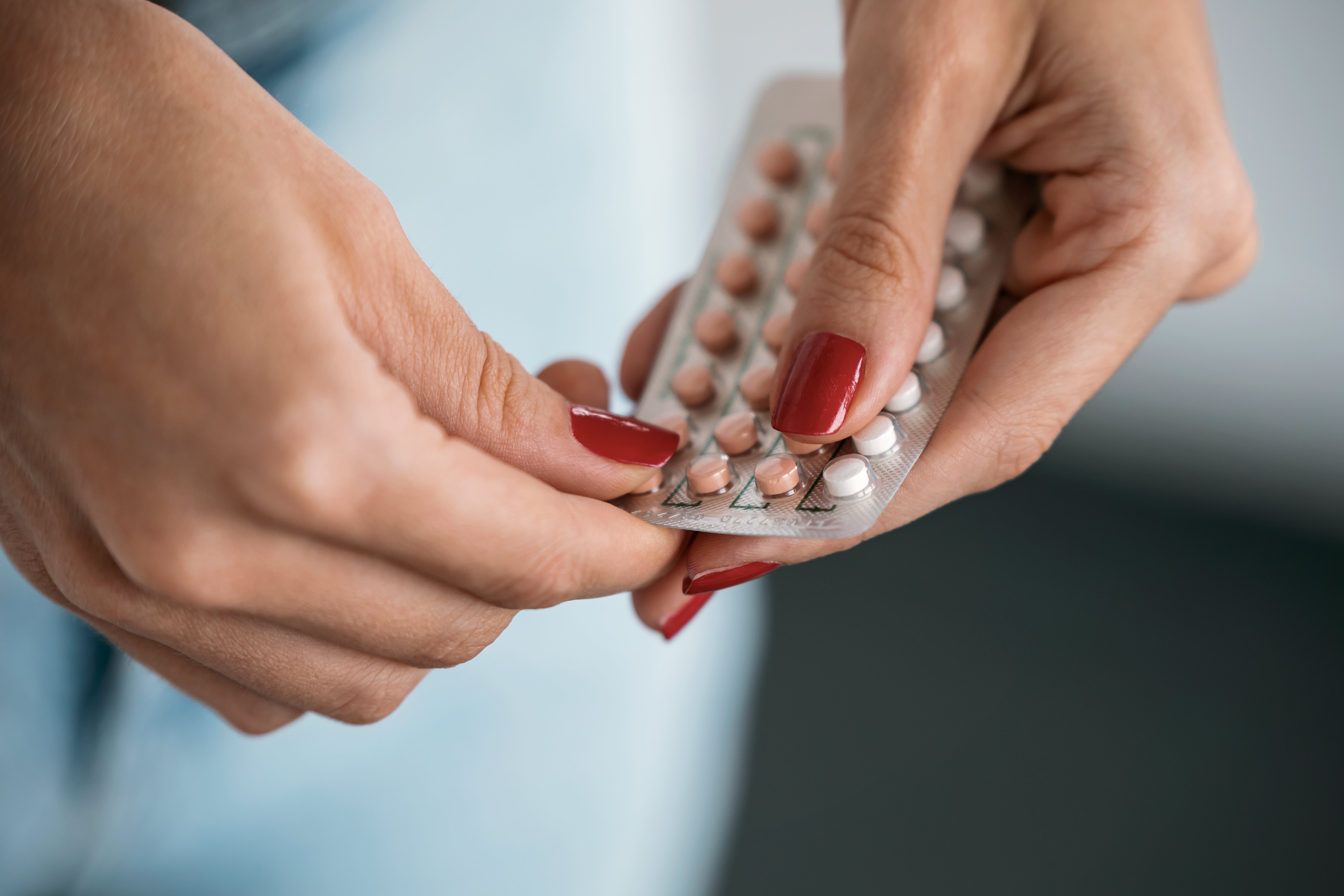Dear men, please stop calling women ‘hormonal’
Women are too often made to feel small by people, typically men, whose bodies go through far fewer changes than ours


Your support helps us to tell the story
From reproductive rights to climate change to Big Tech, The Independent is on the ground when the story is developing. Whether it's investigating the financials of Elon Musk's pro-Trump PAC or producing our latest documentary, 'The A Word', which shines a light on the American women fighting for reproductive rights, we know how important it is to parse out the facts from the messaging.
At such a critical moment in US history, we need reporters on the ground. Your donation allows us to keep sending journalists to speak to both sides of the story.
The Independent is trusted by Americans across the entire political spectrum. And unlike many other quality news outlets, we choose not to lock Americans out of our reporting and analysis with paywalls. We believe quality journalism should be available to everyone, paid for by those who can afford it.
Your support makes all the difference.OK, so here’s the thing – women are hormonal. But so are men. Without hormones, we simply wouldn’t function. The basic definition of a hormone is “a regulatory substance produced in an organism to stimulate specific cells or tissues into motion”.
Of course, we have different sex hormones which assist certain functions – female sex hormones are oestrogen and progesterone, while testosterone is the main one for men. But we all have them all, simply in varying quantities.
So, with the science lesson out of the way, why is it problematic to call a woman “hormonal” if it is, in essence, true? Well, too often, “hormonal” is code for “unstable woman”, thus making it unfavourable even when used correctly.
I gave birth to my baby last year and breastfed for over six months. My hormones were, unsurprisingly, haywire as they attempted to settle post-birth. This was at odds with the milk-stimulating hormones. I was, truthfully, hormonal. But when I relayed this to a (female) friend… she was appalled: “Ijeeee, hormonal?”
The word has become so negative that women too turn their noses up at it, even when used by fellow women in the correct context. It’s become an insult. And like a lot of the shame-inducing misuse of language regarding women, I blame men.
Many of us scientifically categorised as “female” go through several hormonal changes throughout a lifetime, in a way that those scientifically categorised as “men” will never truly understand.
Personally, I love being a woman, but the truth is, it’s bloody hard work. Periods every month for many, not so regular for others. Boobs, sex, pregnancy (if we choose/have the option to get pregnant) and the changes that brings, new periods that may be different to the ones before, abortions, menopause and so much more.
We are too often made to feel small by people, typically men, whose bodies go through far fewer changes than ours.
While this is about the word “hormonal”, it’s also representative of “are you on your period?”, “she needs to get laid”, and “ugh, she’s probably going through the change” – phrases men use to undermine our valid reactions and feelings.
Yes, a woman experiencing her period or menopause is going through a time of hormone fluctuations, but does that mean she’s lost all sense of reason? Hormonal changes affect each woman differently and it’s ludicrous to assume they’ve caused a person to lose their mind, or that their words, behaviour and character are not to be trusted.
When we consider the lasting effects of using this term flippantly and in such a negative manner, it’s clear fundamental change is required. Dismissing a woman’s feelings and behaviour as “hormonal” can leave her self-conscious and lacking confidence, living in fear of being dubbed “crazy” or “unstable”.
An unfortunately common example of a woman’s hormonal needs and health being dismissed as trivial is birth control pills. Girls and young women are regularly given the contraceptive pill for a range of issues unrelated to birth control, including acne, heavy periods and weight control.
To keep up to speed with all the latest opinions and comment, sign up to our free weekly Voices Dispatches newsletter by clicking here
A woman who’d rather remain anonymous spoke of her now ex-boyfriend leaving her with lasting confidence issues which had a knock-on effect on her health. She said: “I was 23 or so and I wanted to go off the pill. I was off it for three or four months and I truthfully was hormonal, as my hormones had to rebalance. But I didn’t understand this.
“So when [my ex-boyfriend] said ‘you need to go back on the pill – you’re crazy. If you don’t go back on, I can’t be with you’, I went back on. I wanted to come off three years ago but I was scared in case I would be ‘crazy’ again. I finally found the courage and I’ve been off the pill now for four months, and I feel amazing.”
The changes our bodies go through that are fuelled and assisted by our hormones should be revered and hailed, not mocked, sniffed at or masked by medication. Our bodies are powerful.
So, men, we ask you – nay, implore you – to stop calling women “hormonal”.
Join our commenting forum
Join thought-provoking conversations, follow other Independent readers and see their replies
Comments